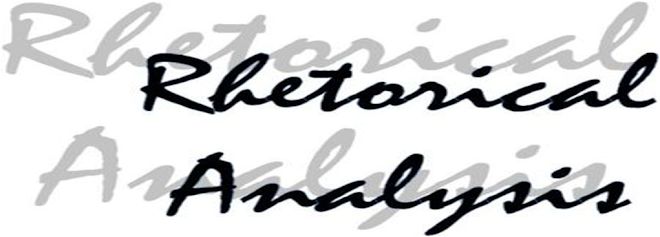As is known by all birdwatchers, feline delinquency is a serious problem, threatening to end the hobby of bird-loving enthusiasts. Attempting to control the nature of cats, however, is a great folly, as recognized by Governor Adlai Stevenson of Illinois. Using satiric language in order to express his disapproval for the so-called “Cat Bill” passed by the Illinois State Legislature in 1949, Governor Stevenson appropriately vetoes the bill in a humorous and witty manner.
The tone of Stevenson’s address to the Illinois State Legislature is one that is both professional as well as sarcastic. Immediately he begins by addressing the Illinois State Senate as “honorable;” furthermore, he ends his letter signing his name following “respectfully” (par. 1, 8). By beginning and ending with a respectful tone, Stevenson is able to rise above the frivolity of his legislature by acting in a professional manner. Stevenson is also sensible and pragmatic as he addresses concerns from the “Cat Bill.” For example, he addresses the nature of both cats and their owners, stating, “To escort a cat abroad on a leash is against the nature of the cat, and to permit it to venture forth for exercise unattended into a night of new dangers is against the nature of the owner” (par. 5). By considering the negative effects of this bill upon the citizens of his state, as well as the illogical and unreasonable requirements stemming from this legislation, Stevenson, although sardonically deriding the irrationality of limiting the natural freedoms of cats, is able to effectively address his reasons for vetoing the “Cat Bill.”
Stevenson’s word choice, or diction, is also especially appropriate as he negates the legislative action taken by the Illinois State Senate. Using words with negative connotations, such as “impose,” “imprison,” and “capture,” it is evident Stevenson is keeping the concerns of his audience in mind by appealing to the needs of both the citizens of Illinois as well as their representatives (par. 3). Such words indicate not only the unrealistic nature of the bill, but also aid in persuading the legislature that this bill, although not always discussed in a “serious vein,” would impact the lives of citizens in a negative manner (par. 4). Stevenson also lists some of the useful qualities of cats, describing them as “perform[ing] a useful service” especially in “combating rodents” (par. 5). Through diction which creates a positive image for cats, Stevenson is able to further convince his legislature that cats, although at times carnivorous, are not necessarily an evil to society.
Along with Stevenson’s appropriate choice of words, the figurative language used in his address, especially that of imagery, strengthens his argument against the “Cat Bill.” By describing the bill as an excuse for “small game hunt by zealous citizens,” Stevenson portrays the proponents of the “Cat Bill” as camouflage wearing citizens creating “discord, recrimination, and enmity” (par. 6). Stevenson also invokes the image of a cat on a leash, a sight that is unnatural for both cats and their human counterparts. Finally, Stevenson uses a simile to describe the classic food-chain problem of cat versus bird, saying it is “as old as time” (par. 6). By comparing the cat versus bird dilemma to time’s infinite age, Stevenson reveals the perpetual nature of fighting against animals’ basic survival instincts, raising such issues as “dog versus cat, bird versus bird, or even bird versus worm” (par. 6).
By using rhetorical tools and techniques in support of his opinion, Stevenson provides convincing and logical reasoning in order to veto the infamous “Cat Bill.” Although satiric in nature, Stevenson’s address sensibly ensured the freedoms of cats in Illinois through his presentation of an effective and persuasive argument. Though a seemingly trivial issue, Governor Stevenson, in vetoing the “Cat Bill” prevented other serious social issues from plaguing the state of Illinois: feline delinquents crowding the state’s prison system.
Stevenson, Adlai. Veto Messages of Adlai E. Stevenson, Governor of Illinois, on Senate and House Bills Passed by the 66th General Assembly of Illinois. 23 Apr. 1949. Address.
"I Have A Dream"
16 years ago

No comments:
Post a Comment